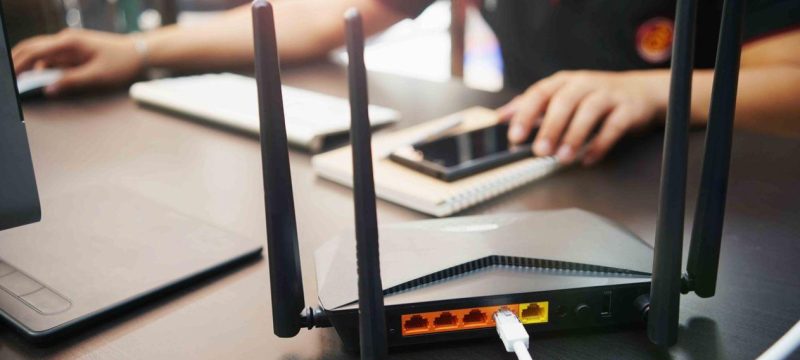The government has declared Wi-Fi devices insecure, leading the National Information Technology Board (NITB) to issue a security advisory for organizations across the country. The advisory addresses the cybersecurity risks associated with wireless networks and outlines recommended measures to enhance security.
The advisory warns that weak default configurations and a general lack of user awareness expose wireless networks to malicious attacks. Hackers can exploit these vulnerabilities to gain unauthorized access, install malware, and steal sensitive information from systems.
Also Read: Maryam Nawaz Free WiFi Service Extended To 100 Additional Locations In Lahore
To tackle these risks, the NITB urges users to adopt several security measures. These include changing default credentials, using complex and unique passwords, and ensuring routers employ secure encryption protocols such as WPA3. It also suggests regularly updating the Wi-Fi name (SSID), hiding it to prevent public broadcasting, and enabling robust encryption.
Meanwhile, a report by the Pakistan Telecommunication Authority (PTA) has highlighted the growing usage of Virtual Private Networks (VPNs) during internet disruptions as a significant factor contributing to slower internet speeds. VPNs bypass local content delivery networks (CDNs), causing inefficiencies and an increased load on international servers.
Pakistan’s internet infrastructure faces severe challenges, with slow speeds affecting multiple sectors. The PTA is calling for strategies to manage VPN usage and improve local internet infrastructure to minimize these ongoing issues.









